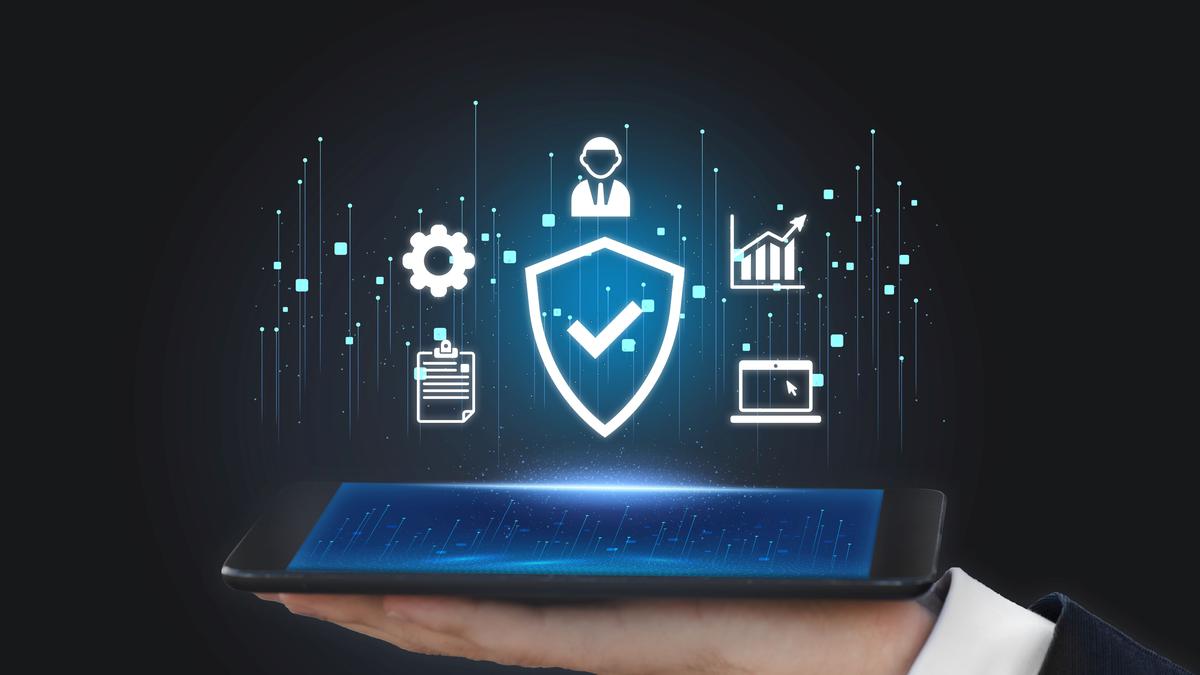
The importance of inculcating digital ethics in students
The Hindu
Teaching digital ethics to students and the various approaches to promote responsible digital citizenship.
As schools, colleges, and universities transition to online learning platforms, the way students learn and interact has been transformed. According to a report by the Institute for Governance, Policies and Politics on the “Patterns of Internet Usage Among Youth in India,” over 85% children have a smartphone of their own. They have never known a world without the Internet, smartphones, and social media. Therefore it is imperative to teach them the principles of digital ethics for a hyperconnected world.
Ethics, a branch of philosophy, seeks to establish the proper application of moral concepts like good and bad, right and wrong, and offers theories on their nature and application. It deals with the fundamental aspects of practical decision-making and addresses questions about ultimate value and the criteria used to judge the morality of human actions. In the digital age, as the boundaries between the physical and virtual worlds blur, the need for a new kind of values education becomes evident.
A study by the Federation of American Scientists underscores that children are not adequately prepared to navigate the digital world responsibly. It argues that introducing the Internet safety and digital ethics curriculum is critical, as children start using technology as early as three and four years. The study further provides recommendations for governments to support digital ethics education, including developing a National Digital Ethics Framework, issuing non-regulatory guidance, allocating research funding, and creating tools and resources for educators and families.
Students, who are often early adopters of technology, must understand and uphold these principles. As digital natives, students significantly influence the development of online norms and culture. Inculcating these values early and in a way comprehensible to them is important. This will help nurture a culture of responsible digital citizenship, fostering a safe and inclusive online environment. Furthermore, it helps students develop essential life skills, such as critical thinking, empathy, and problem-solving, which are transferrable beyond the digital world. It teaches them to safeguard their online reputation, ensuring their digital footprint does not hinder future opportunities. These standards can become indispensable tools for discerning credible sources and avoiding misinformation.
Digital ethics and cybersecurity are closely intertwined, as they are crucial in maintaining a safe and responsible digital environment. Just as we respect the physical world and its rules, digital ethics guide our behaviour in the virtual realm, while cybersecurity safeguards our digital assets and information. Digital ethics necessitates understanding the vulnerabilities in that landscape, such as phishing, data theft, platform sabotage, cyber-stalking, and bullying. It is crucial to foster an understanding of these nuances and sensitivities through an approach grounded in values and morals.
Promoting digital ethics in India requires a multi-faceted approach involving various stakeholders, including students, teachers, parents, communities, governments, and the private sector. Collaborations between non-profit entities and businesses play a crucial role in creating such awareness. In the past, organisations like NCERT and CBSE have taken proactive steps to develop curriculums that promote responsible ICT use and safe Internet practices in schools. Achieving uniformity in such initiatives among other education boards is important, especially as rural India is currently driving the bulk of Internet penetration growth, including among children.
Moreover, as the new National Curriculum Framework continues to prioritise digital-enabled education and technical proficiency for students, it is equally important to maintain a strong focus on digital ethics. Incorporating stories of digital theft and its impact into literature courses, both in English and vernacular languages, can help children gain a deeper understanding of the consequences of digital wrongdoing. At the community level, adults must lead by example, instilling values of right and wrong in our digital-native children.

After a long, tiring day all we want is to jump right on our cosy beds and rest comfortably on our soft, fluffy pillows, right? Pillows are not quite appreciated as much as electric cars or air-fryers, for instance. Pillows are a wonderful man-made creation that has improved the lives and sleep of people across the globe. Did you know ages ago people used to rest their heads on a HARD ROCK? So how did humans go from sleeping on stones to cosy, fluffy and soft pillows today? Let’s get into the origin of your everyday pillows!

As the November 30 deadline nears for installing vehicle location tracking devices (VLTD) and emergency panic buttons in public service and nationally permitted goods vehicles in Karnataka, transport unions representing cab, bus, and truck operators are urging the government to reconsider the mandate. They argue that the high cost of these devices and a lack of awareness have made it difficult for many vehicle owners to comply with the requirement.









